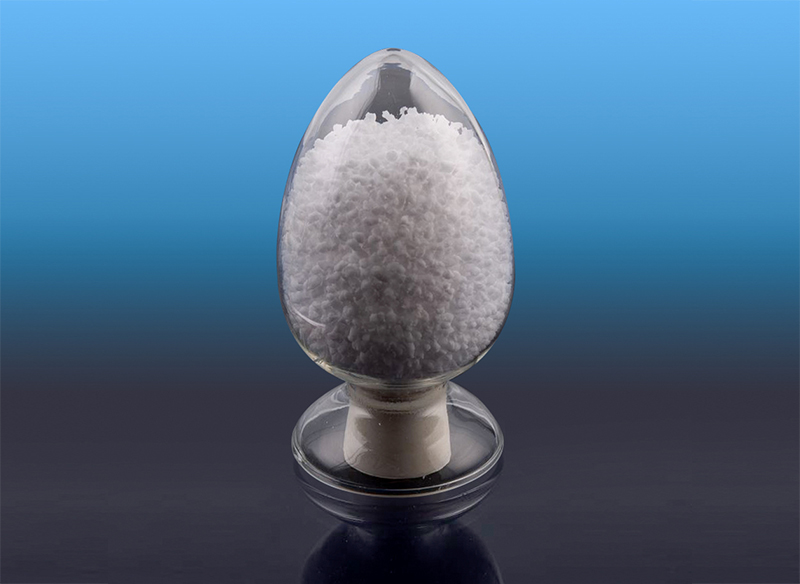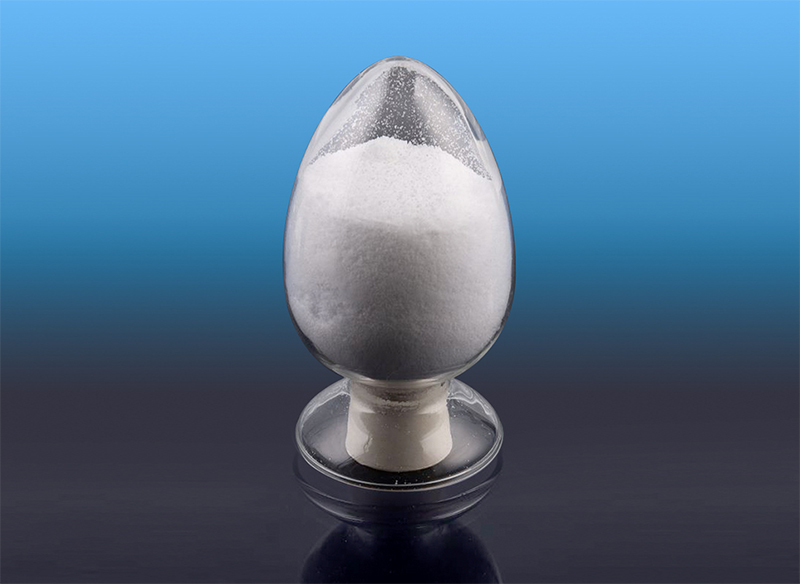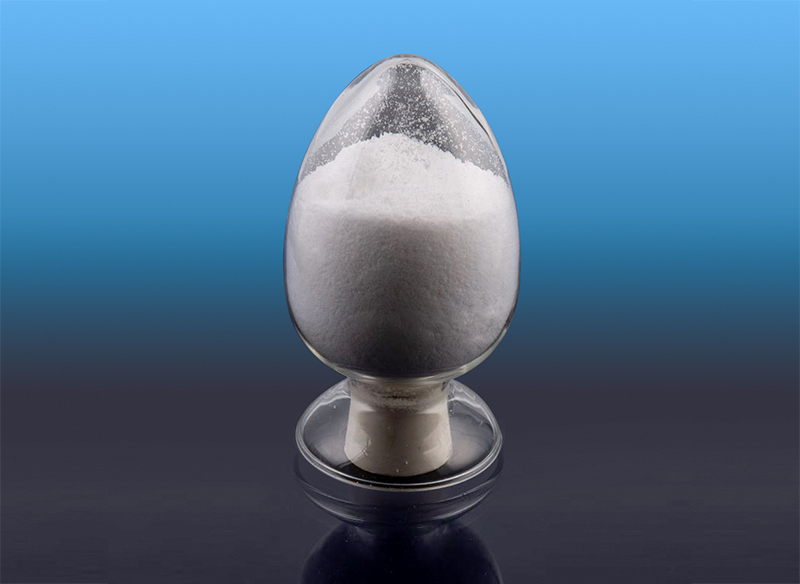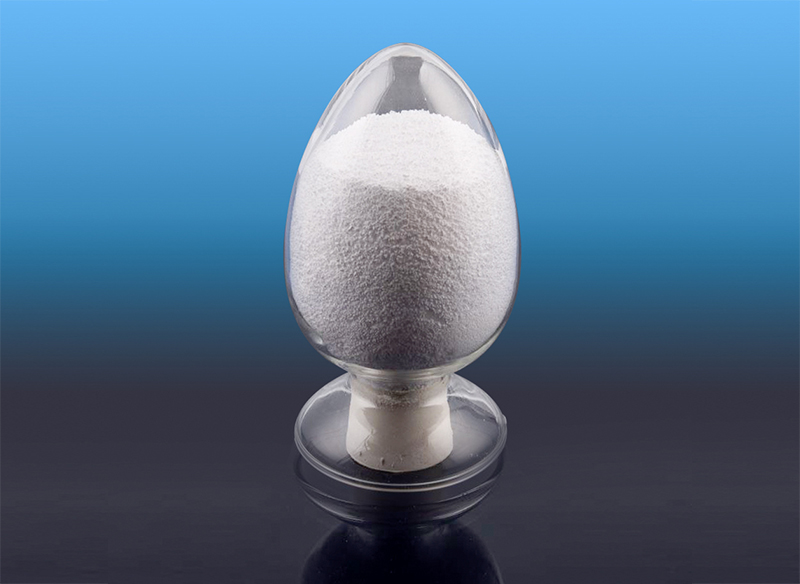How does SBS improve the performance of bitumen or asphalt in road construction?
Road construction demands materials that can withstand heavy traffic loads, temperature fluctuations, and long-term environmental stress. Traditional bitumen, while widely used, has limitations in terms of elasticity, temperature susceptibility, and resistance to cracking or rutting. To address these challenges, Styrene-Butadiene Block Copolymer (SBS) is commonly added as a modifier to bitumen or asphalt, significantly enhancing its performance and extending the lifespan of pavements.
Content
What Is SBS?
SBS is a thermoplastic elastomer consisting of polystyrene blocks at both ends of a polybutadiene segment. This unique structure combines the rigidity of styrene with the flexibility and elasticity of butadiene, giving it both strength and resilience. When blended with bitumen, SBS forms a network that improves the binder’s physical properties, resulting in more durable and flexible asphalt.
Improved Elasticity and Flexibility
One of the key benefits of SBS-modified asphalt is its enhanced elasticity. SBS allows the bitumen to stretch and recover under load, which is especially important for roads that experience heavy traffic, frequent braking, and turning forces. This elasticity reduces the likelihood of permanent deformation, such as rutting or pothole formation, and helps the pavement maintain its shape over time.
Better High-Temperature Performance
Traditional asphalt softens at high temperatures, leading to rutting or surface deformation in hot climates. SBS-modified bitumen exhibits improved high-temperature stability, thanks to the styrene domains that provide rigidity. The result is asphalt that maintains its structural integrity even in extreme summer heat or under heavy traffic, reducing maintenance costs and extending the service life of roads.
Enhanced Low-Temperature Resistance
SBS also improves low-temperature flexibility, allowing asphalt to expand and contract without cracking. The butadiene segments act as an elastic network that absorbs stress caused by freezing temperatures, minimizing the formation of thermal cracks in cold climates. This dual performance—high-temperature rigidity and low-temperature flexibility—is a major reason SBS is favored in regions with wide temperature variations.

Improved Adhesion and Cohesion
Adding SBS to asphalt enhances adhesion to aggregates and internal cohesion within the bitumen. This reduces the risk of delamination, raveling, or stripping caused by water infiltration or heavy loads. As a result, SBS-modified asphalt performs better in both wet and dry conditions, providing a more durable and reliable pavement surface.
Resistance to Fatigue and Long-Term Durability
Road pavements are subjected to repeated traffic loads, which can lead to fatigue cracking over time. SBS-modified asphalt demonstrates higher resistance to fatigue, distributing stress more evenly and reducing micro-cracks that can propagate into major structural issues. This translates into longer-lasting roads and fewer costly repairs.
Versatility in Asphalt Applications
SBS can be used in various asphalt applications, including:
- Hot Mix Asphalt (HMA) for highways and urban roads
- Stone Mastic Asphalt (SMA) for heavy traffic surfaces
- Sprayed Seal Coats and surface treatments for waterproofing and protection
- Airport Runways and other high-load pavements where durability is critical
The ability to improve both performance and longevity makes SBS a preferred choice in modern road construction worldwide.
Conclusion
By incorporating Styrene-Butadiene Block Copolymer, asphalt gains enhanced elasticity, high- and low-temperature performance, adhesion, cohesion, and fatigue resistance. These improvements address the limitations of conventional bitumen, resulting in roads that are more durable, safer, and cost-effective over their service life. SBS-modified asphalt has become a standard solution in high-performance road construction, especially for areas with extreme climates or heavy traffic loads.





